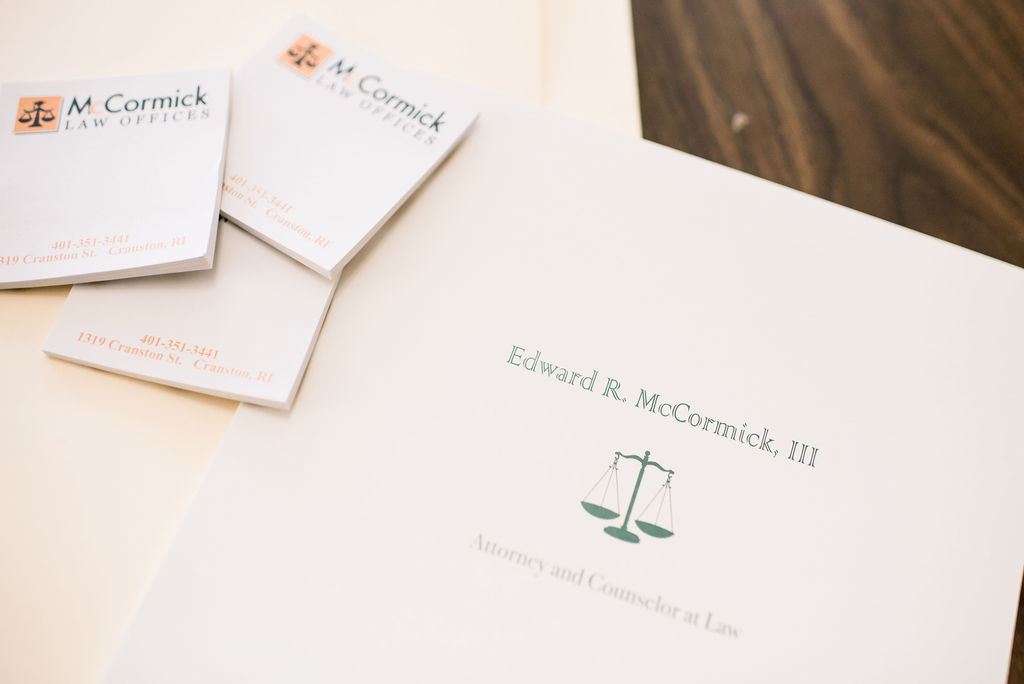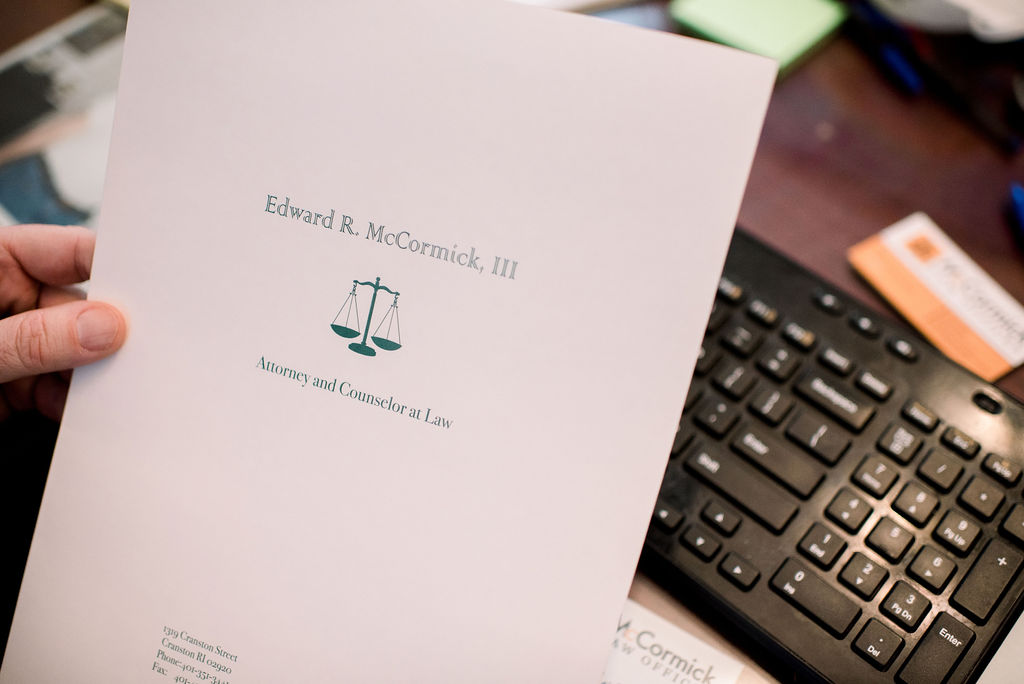Divorce can feel overwhelming, especially when you’re not sure what lies ahead. Whether your split is amicable or contentious, knowing what to expect during a Rhode Island divorce can give you clarity and help you prepare emotionally, financially, and legally.
Step 1 – Understanding Grounds for Divorce in Rhode Island
Rhode Island allows for both:
- No-Fault Divorce – Most common; based on “irreconcilable differences”
- Fault-Based Divorce – Includes adultery, cruelty, substance abuse, neglect, or abandonment
No-fault filings are typically faster and less contentious, but fault-based divorces may affect asset division or custody in some cases.
Step 2 – Filing the Complaint
One spouse (the “Plaintiff”) files a Complaint for Divorce with the Family Court. The other spouse (the “Defendant”) must be served the papers.
Filing requirements include:
- Residency in Rhode Island for at least one year
- Grounds for divorce
- Statement of children, property, and support issues
Step 3 – Temporary Orders (If Needed)
While waiting for a final decision, either spouse may request temporary orders for:
- Child custody or visitation
- Child support
- Spousal support (alimony)
- Exclusive use of the marital home
These orders remain in effect until the final judgment is issued.
Step 4 – Discovery and Negotiation
Both parties exchange financial and personal information. This process—called discovery—includes:
- Income and asset disclosures
- Property appraisals
- Debt listings
- Interrogatories or depositions
This is also when negotiations happen, often with attorney guidance or mediation
Key Topics to Resolve
- Division of property and debts
- Child custody and parenting plans
- Child support and/or alimony
- Health insurance and retirement accounts
If both joint owners pass at the same time (e.g., in an accident), a will provides backup instructions for your estate.
Step 5 – Settlement or Trial
Most divorces in Rhode Island settle out of court. If an agreement is reached, the couple signs a Marital Settlement Agreement.
If no agreement is possible, the case proceeds to trial, where a judge makes final decisions.
Step 6 – Final Judgment
The court issues a Final Judgment of Divorce after reviewing the settlement or trial outcome. There is a 90-day waiting period before the divorce becomes final.
This judgment covers:
- Property and debt distribution
- Custody and support terms
- Any future enforcement provisions
How Long Does a Divorce Take in Rhode Island?
- Uncontested divorces: ~3–6 months
- Contested divorces: 9 months to 1+ year
- Factors include complexity, cooperation, and court scheduling
Related Reading
Explore more on family law and divorce rights in RI:
Final Thoughts
Knowing what to expect during a Rhode Island divorce helps you prepare for each stage—emotionally, legally, and financially. With the right legal support, you can navigate this life change with clarity and confidence.
Need legal guidance for your divorce?
Contact McCormick Law Offices for experienced, compassionate support in every phase of your Rhode Island divorce.







